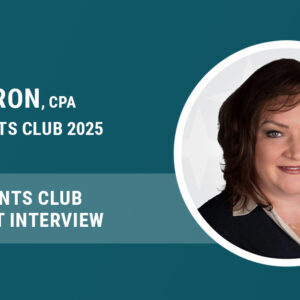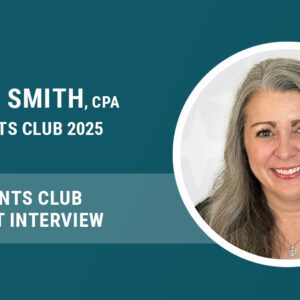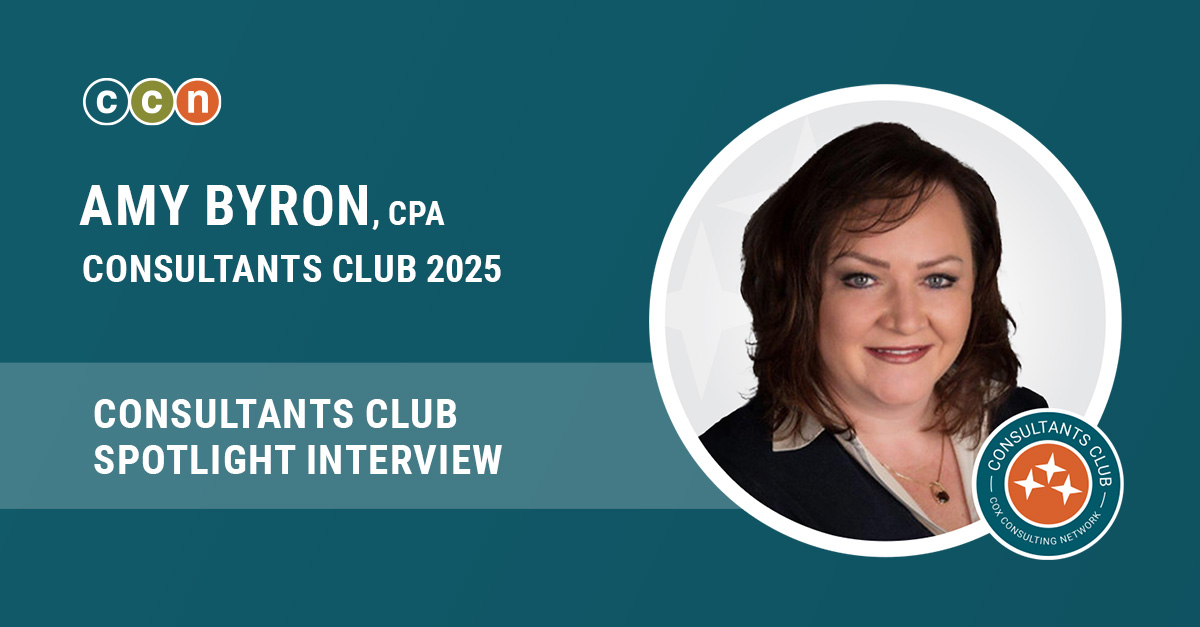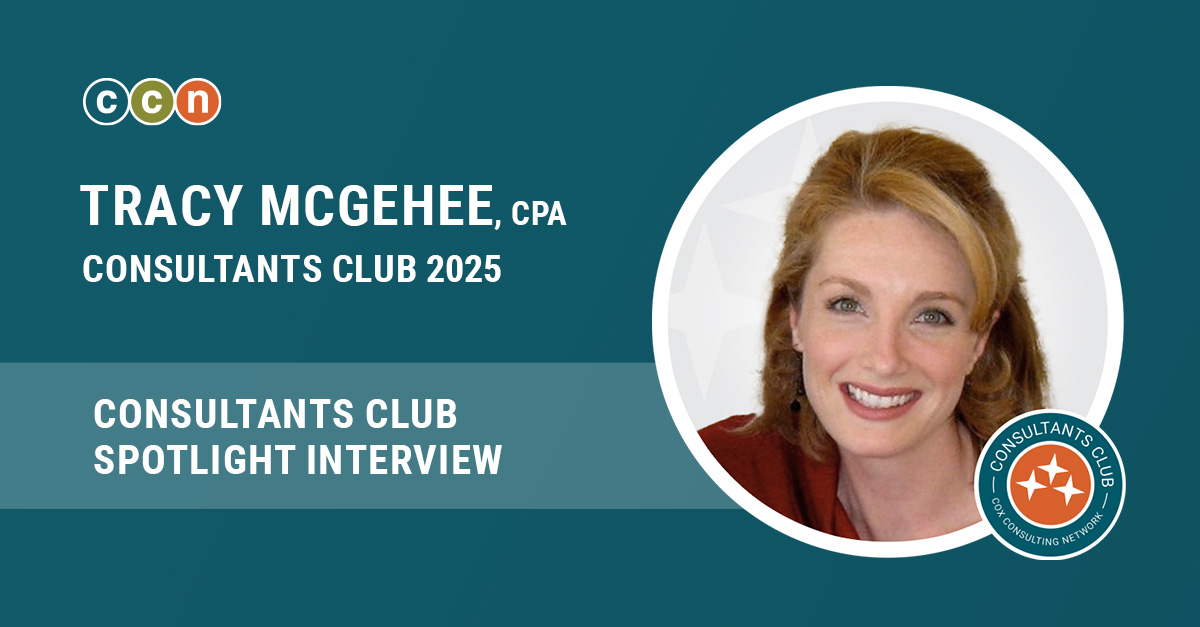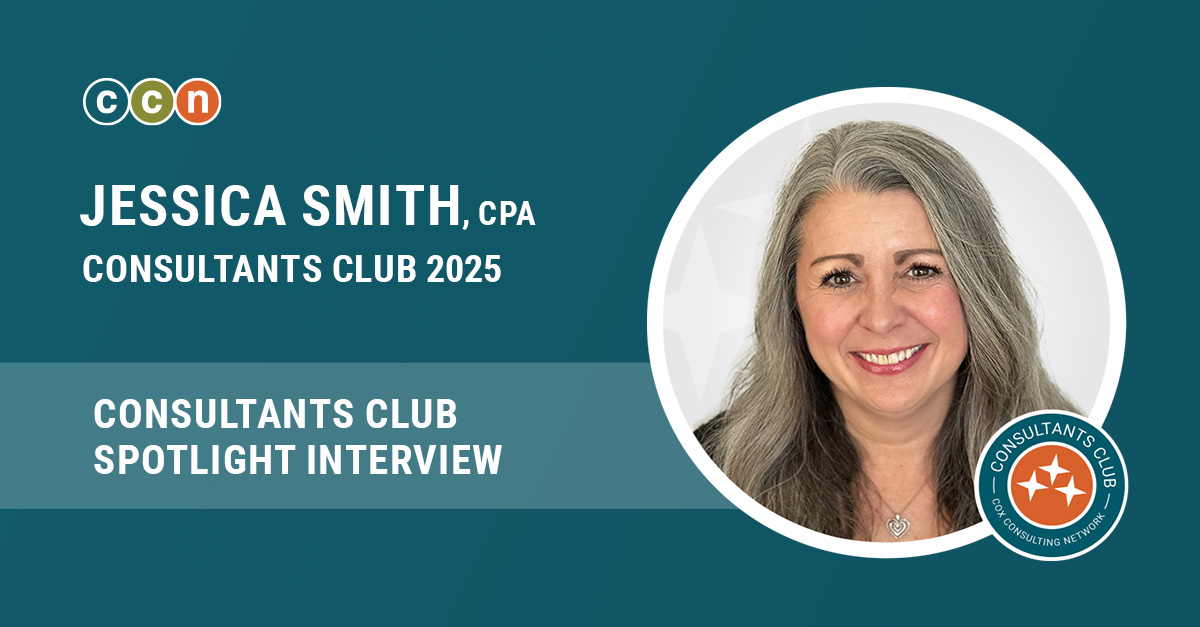Understanding Costs and Pricing During Market Uncertainty

Talk of inflation, and even recession, is on everyone’s lips. FedEx announced that it was grounding a portion of its fleet due to decreased demand. And the Maersk shipping line is considering a reduction in sailing for the same reason.
Whatever the future holds, it’s clear that we’re navigating a period of marketing uncertainty.
Over the past few months, we’ve been putting together a series on 5 Tactics CFOs Can Use to Prepare for Market Uncertainty. Last month, we covered controlling costs in your SG&A and operating expenses (OpEx).
Now that we better understand our costs, it’s time to think ahead and connect the dots with cost forecasting and pricing changes.
We interviewed Megan Cox-Artemis and Chris Mitchell, Managing Directors of Cox Consulting Network, for a discussion on connecting costs and pricing.
Cost Forecasting: Where is Your Market Headed?
Megan Cox-Artemis: Each industry, and even companies within an industry, looks at costs differently. In many service industries, it’s all about people. In manufacturing, it’s usually the cost of raw materials.
Chris Mitchell: How old is your cost data? If you have a supply chain, you know your costs are rising. But by how much and how quickly? You need to communicate with your suppliers about their price trends and changes.
Costs to buy equipment are fluctuating. Rental costs are volatile. Fuel costs are the highest they’ve been in years.
To deal with that, you can build scenarios with high and low costs, using margins in the 10-30% range. Make sure you can service your contracts and still survive with a 10% margin.
Megan: If you don’t look ahead, it’s easy to find yourself in a tough position.
I have a client whose services require a high investment in property, plant & equipment (PP&E). They bid out for the entire year in advance, and they have fixed bids and time and material contracts a year or even two years down the road.
Pricing Analysis and Strategy: What is Your Play?
Chris: Once you have a handle on costs, you can start to think about pricing.
Megan: Yes, and you have to start with strategy. It’s tempting to start messing with the pricing lever in the face of market uncertainty, but don’t put the cart before the horse.
Get back to the basics. You have to know who you are. What’s your vision? What’s your brand? Are you the bargain buy or the luxury leader?
Chris: If you’re joining an existing category (CRM, security, etc.), do some pricing and competitive analyses. Then decide whether you want to undercut your closest competitor or set up a premium product.
You want a recovery period on the initial costs, so you have to start somewhere. But you need to start at the right point. The worst thing you can do is start with your price set too low.
Contracts and Clauses: Setting Up Safeguards for Market Volatility
Megan: So, how can you anticipate changing costs? How do you avoid getting stuck in those multi-year contracts based on outdated pricing? There are several safeguards and clauses you can build into your contracts.
Talk to someone with a strong understanding of business law and revenue accounting. And use them to help you structure your contracts and review them before you send them to your clients.
I have one client, for example, with a clause about the Consumer Price Index (CPI). The prior year’s CPI is pushed onto the current year, so the business can eventually make up the difference due to big price increases.
There are so many things that can go sideways. Contracts have legal terms and business terms — don’t have Legal handle everything. They don’t know the business side of things like you do. The two sides must work together.
Using a Consultant To Help You Get Ahead of Costs and Pricing
Megan: You’re probably wondering, “How do I clone myself? How am I going to get all these things done?” We have the people to help.
We have fractional CFOs with experience at big companies like Taco Bell and Dell, who also have experience working with small businesses.
We also have senior accounts who can aggregate data and build reports. Our financial analysts help CFOs identify trends and make decisions. And we have professionals who’ll do a one-off market study or pricing study for you.
There are lots of moving pieces here that are perfect for a consultant:
- Cost data
- Cost analysis
- Cost forecasting
- Price research
- Pricing analysis
- Pricing strategy
Whether you need a full project or someone for a few hours a week, a CCN consultant is available to help you stay ahead of your costs and pricing.
Related Posts
Grow your business with industry news and resources from CCN.
2025 Consultants Club: Meet Amy Byron!
At CCN, we’re all about celebrating the incredible talent that fuels our community—and Amy Byron, CPA, is…
2025 Consultants Club: Meet Tracy McGehee!
At CCN, we are all about celebrating the remarkable achievements of our consultants. One of our shining…
2025 Consultants Club: Meet Jessica Smith!
We’re excited to congratulate Jessica Smith on earning a spot in CCN’s prestigious 2025 Consultants Club! 🎉…
